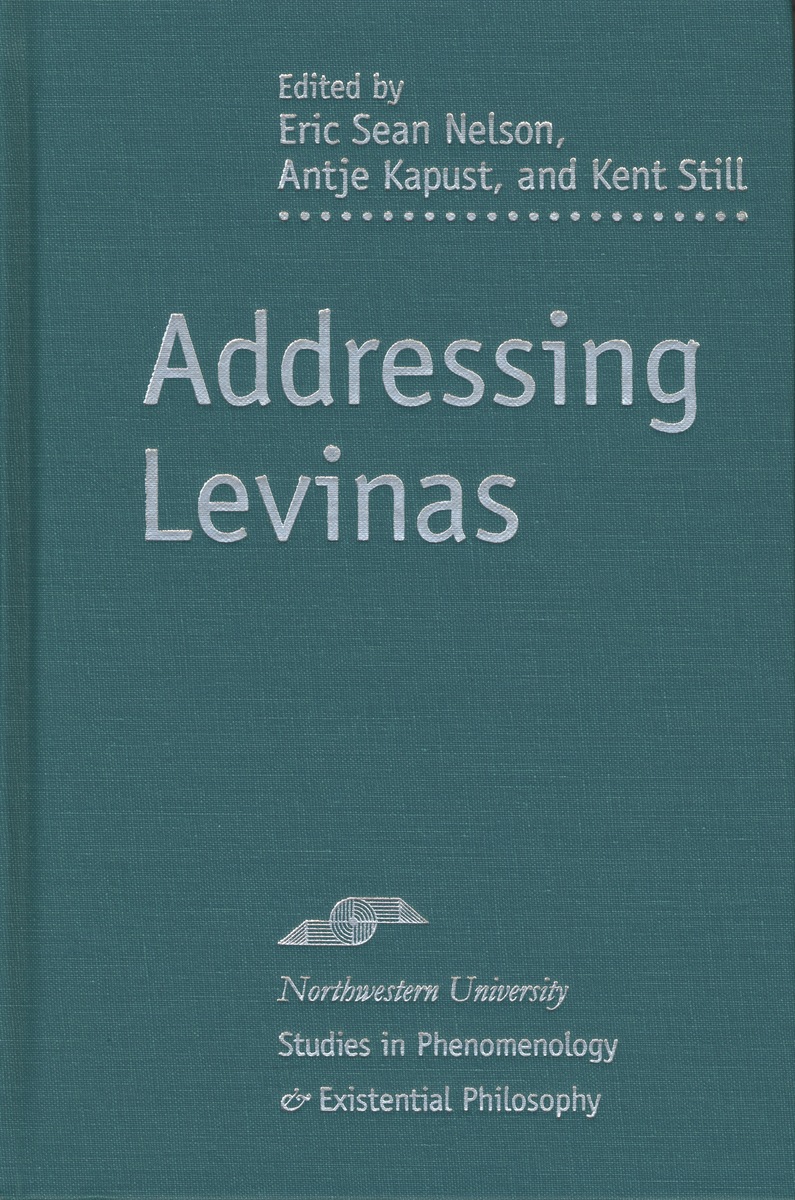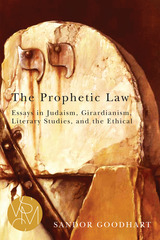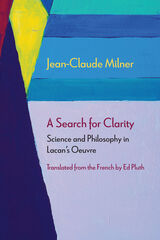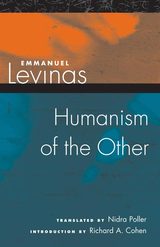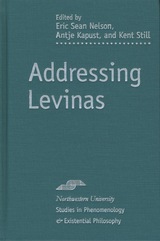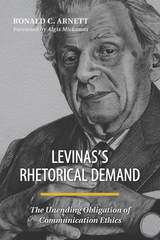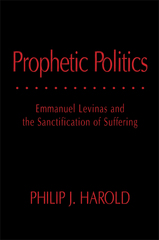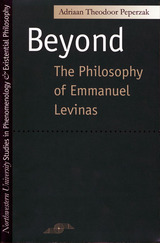Addressing Levinas
Northwestern University Press, 2005
Cloth: 978-0-8101-2046-4 | eISBN: 978-0-8101-6212-9 | Paper: 978-0-8101-2048-8
Library of Congress Classification B2430.L484A33 2005
Dewey Decimal Classification 194
Cloth: 978-0-8101-2046-4 | eISBN: 978-0-8101-6212-9 | Paper: 978-0-8101-2048-8
Library of Congress Classification B2430.L484A33 2005
Dewey Decimal Classification 194
ABOUT THIS BOOK | AUTHOR BIOGRAPHY | REVIEWS | TOC | REQUEST ACCESSIBLE FILE
ABOUT THIS BOOK
At a time of great and increasing interest in the work of Emmanuel Levinas, this volume draws readers into what Levinas described as "philosophy itself"—"a discourse always addressed to another." Thus the philosopher himself provides the thread that runs through these essays on his writings, one guided by the importance of the fact of being addressed—the significance of the Saying much more than the Said. The authors, leading Levinas scholars and interpreters from across the globe, explore the philosopher's relationship to a wide range of intellectual traditions, including theology, philosophy of culture, Jewish thought, phenomenology, and the history of philosophy. They also engage Levinas's contribution to ethics, politics, law, justice, psychoanalysis and epistemology, among other themes.
In their radical singularity, these essays reveal the inalienable alterity at the heart of Levinas's ethics. At the same time, each essay remains open to the others, and to the perspectives and positions they advocate. Thus the volume, in its quality and diversity, enacts an authentic encounter with Levinas's thought, embodying an intellectual ethics by virtue of its style. Bringing together contributions from philosophy, theology, literary theory, gender studies, and political theory, this book offers a deeper and more thorough encounter with Levinas's ethics than any yet written.
In their radical singularity, these essays reveal the inalienable alterity at the heart of Levinas's ethics. At the same time, each essay remains open to the others, and to the perspectives and positions they advocate. Thus the volume, in its quality and diversity, enacts an authentic encounter with Levinas's thought, embodying an intellectual ethics by virtue of its style. Bringing together contributions from philosophy, theology, literary theory, gender studies, and political theory, this book offers a deeper and more thorough encounter with Levinas's ethics than any yet written.
See other books on: Existentialism | Lévinas, Emmanuel | Movements | Philosophy
See other titles from Northwestern University Press
